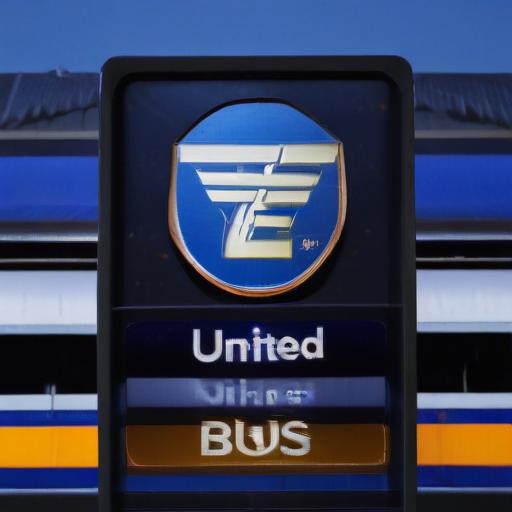United Airlines has announced it will permanently discontinue its last remaining Landline bus routes between Denver and Fort Collins, and Newark and Allentown by September 2025. This move represents a strategic shift for the airline, as it aims to streamline its operations and phase out multimodal travel options in favor of traditional air routes. The decision signals the end of United’s efforts to provide seamless airline and bus connections that were designed to enhance airport accessibility and reduce short-haul flight emissions.
Passengers holding tickets for these routes beyond their termination dates will be accommodated with refunds or rebooking options. Specifically, the final services are scheduled as follows:
– Denver (DEN) to Fort Collins (FNL): Last service on July 31, 2025
– Newark (EWR) to Allentown (ABE): Final service on September 1, 2025
While United retreats from this multimodal approach, a rival airline is expanding its Landline offerings, with new bus routes from Philadelphia to Trenton launching on September 22, 2025. This competitor’s initiative reaffirms the potential benefits of integrating road travel with air itineraries, which aligns with consumer demands for greater flexibility and convenience.
The operational model for United’s Landline routes offered an array of amenities similar to those found on flights, including assigned seating, online check-ins, and entertainment options, showcasing attempts to enhance the ground travel experience. Although meals were not provided, passengers were allowed to bring their own refreshments.
Despite the conclusion of United’s Landline routes, the overarching concept remains relevant in the airline industry as other carriers continue to explore similar solutions. Landline services are still operational for Canadian routes and are being utilized by a U.S.-based airline to connect regional locations with major hubs.
As air travel dynamics evolve, the cessation of United’s Landline services highlights a transformative phase within the industry, where the need for operational efficiency and environmental considerations are increasingly prioritized. This shift suggests a potential redirection in how airlines approach regional connectivity, leaving the door open for innovative approaches to travel that may emerge in the future.
